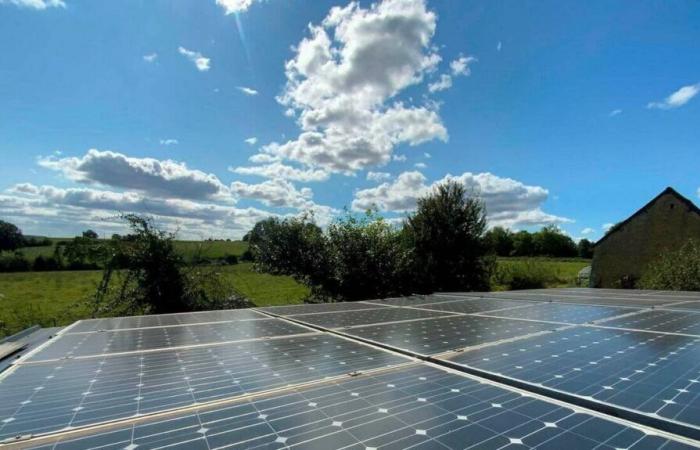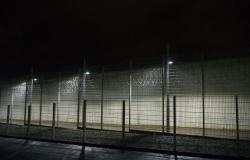We knew that business leaders do not like uncertainty and the non-stability of rules. True for the French. But even more true for foreigners when they can also invest in other European countries. The EY firm, which publishes the barometer of France's attractiveness each year, published a special edition to survey these foreign leaders after the dissolution of the National Assembly in France.
The ax is stiff. Out of 200 foreign managers surveyed in October 2024, 49% said they had reduced or postponed their investment projects in France following the dissolution. A figure to compare with another observation. Concerning investments not made in 2024, 84% of the managers surveyed indicate having postponed their investment decisions until 2025, at least.
For what ? For nearly 60% of them, legislative and regulatory uncertainties are too great and create difficulties in building reliable economic developments.
Slowing down administrative simplification reforms, pensions, or in favor of reindustrialization weigh on 47% of them. And 40% highlight a questioning of public decisions in key sectors.
In short, France did not need this bad news at a time when it is already experiencing sluggish growth and numerous social plans.
Read also: Foreign investments: 5 signals that question the attractiveness of France
A first place threatened?
In recent years, France has managed to rise to first place in terms of attractiveness in Europe in terms of foreign investments. With the downside of always seeing more extensions of industrial sites in place than new head offices.
In 2025, will the meter readings show a France that has failed? The match remains open. Certainly 42% of managers in the October study believe that the attractiveness of the United Kingdom has improved compared to that of France
. More the attractiveness of Germany is considered more worrying
.
A sign of hope. No company declares having canceled its projects in France. And more than 60% of respondents plan to develop research and development or service activities in France by 2027.
For these foreign investments to return, managers identify conditions detailed by Marc Lhermitte, EY partner. To continue to create jobs and export from France, they expect optimization of public spending, continued support for industry, decarbonization and research and development.
. The road map is thus known.
This study also comes on the day when a Chinese company, Das Solar, symbolically announces that it will open a photovoltaic panel factory in Doubs next June, with at least 450 jobs initially
. This factory, with a production capacity of 3 gigawatts, will represent an investment of 109 million euros. Proof that the match remains open.






